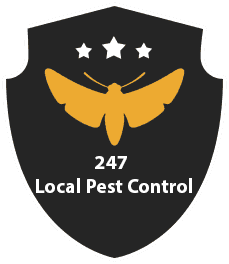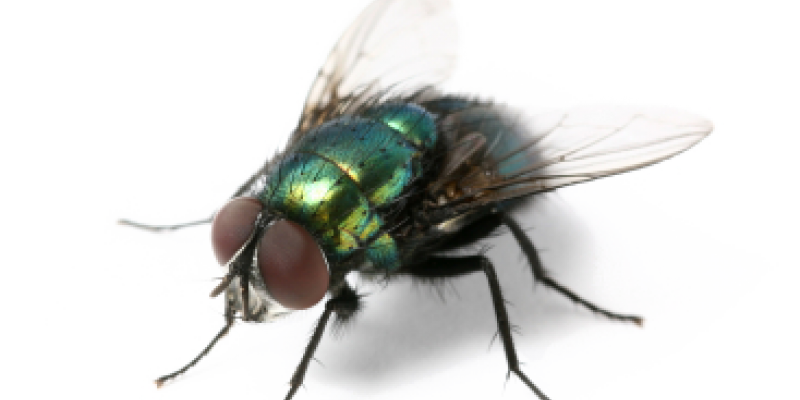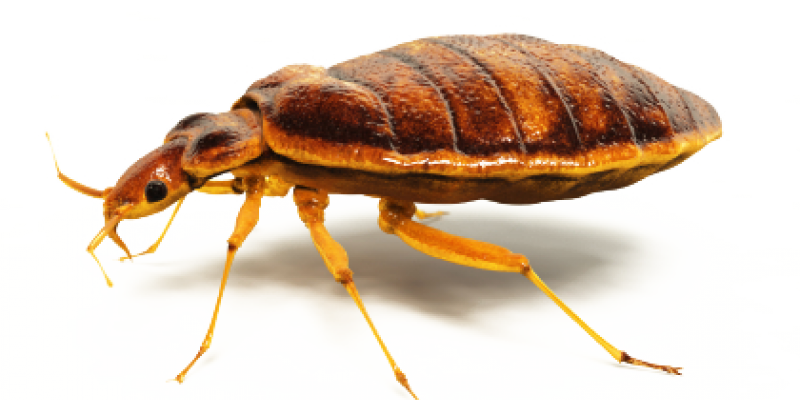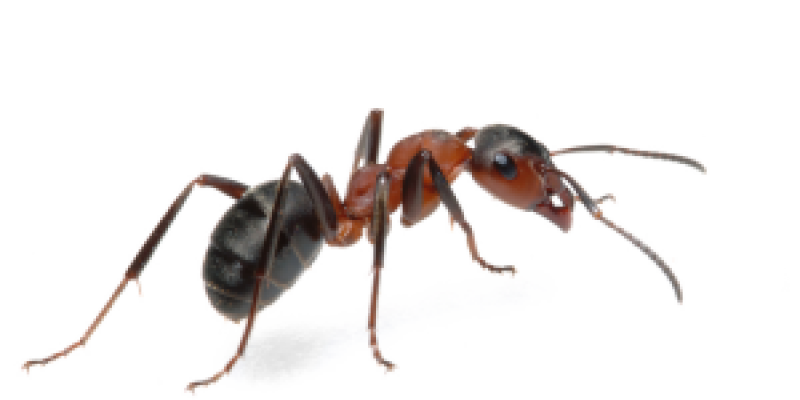Do Mosquito Repellant Plants Really Work?
As the weather starts to get warmer, we begin to spend more time outdoors. And for those who enjoy gardening, there’s nothing more delightful than time spent caring for and cultivating plants. But nothing can disrupt this passion for plants more effectively than mosquitoes! That’s why many gardeners are turning to their green thumb to fight back. They’re taking matters into their own hands and trying to find natural solutions that can help them take back their garden, so they continue doing what they enjoy, minus the mosquitoes.
A Natural Solution?
Mosquitoes have an incredible sense of smell—which is how they locate their next meal. They can sniff out and pinpoint our carbon dioxide fumes from over 150 feet away. So, it seems logical that a fragrant plant would impede their ability to find us, right? That’s why the concept of aromatic plants as a natural mosquito repellant has gained traction and became more popular with gardeners over recent years. But does this logic really hold true? Do aromatic plants like citronella, mints (peppermint, horsemint, mint), lemon balm, lavender, marigolds, petunias, basil, and lemongrass work as a natural mosquito repellent?
Using plants as a natural mosquito repellent seems like a great idea, but only if it actually works. There’s no shortage of research into the theory that some plants have the ability to repel mosquitoes. Unfortunately, all the research concludes that the aroma from certain plants doesn’t make a significant difference in the number of mosquitoes that land on a human subject. Even though these plants give off a strong and pleasant aroma, they do little to deter mosquitoes—which applies to all the plants mentioned above, including citronella.
What might seem surprising can really be explained by how plants release their fragrance. While a lavender plant smells delightful up close, it does not fill the air around us with its strong fragrance. In fact, most plants release a significant amount of their fragrant oils only when crushed. And it’s this extract from the plant that has the most repellant properties—but only when those active ingredients are applied directly to the skin.
So, if mosquito repellant plants don’t really exist, at least in their plant form, what about using them in a homemade mosquito repellant? There are certainly plenty of homemade recipes out there but, before diving into this option, here are a few things to consider.
Essential oils from lavender, catnip, eucalyptus, lemongrass, and other aromatic plants—known as plant oils—can be combined with a carrier oil (olive oil, almond oil, and grapeseed oil) and witch hazel, along with ½ teaspoon of Vodka (apply responsibly), which will act as a preservative.
Repelling mosquitoes is no easy task, so be prepared to add about 100 drops of essential oil to 2 tablespoons of oil. Herbal mosquito repellents work the same way, using essential oils from basil or rosemary to get the job done.
Although some of these natural homemade repellents can be effective, they also come with some inconvenience. Mixing, storing, and applying these homemade solutions to your skin can get messy. People with sensitive skin might have a reaction, plus many homemade mixtures leave behind an oily residue. Consider all these factors before you invest time and effort into a homemade repellant.
A Final Word on Mosquito Repelling Plants
There’s truly no such thing as a mosquito repellant plant. Although the extract from these plants can act as a short-term mosquito repellant, if mixed with carrier oils, the plants themselves don’t consistently repel mosquitoes.
Many of the plants mentioned will make a great addition to your garden, just don’t count on them to repel mosquitoes. If you’re looking for a natural solution to repel mosquitoes, call the professional at 247 Local Pest Control.
Their concentrated natural barrier spray uses essential oils, such as lemongrass, peppermint or rosemary, and garlic to repel mosquitoes, ticks, and fleas from your property by targeting shrubs, plants, flowers, vegetable gardens, and around ponds where mosquitoes, ticks, and fleas like to rest and feed. It’s an effective natural mosquito repellant that allows you and your family to enjoy a bite-free backyard.

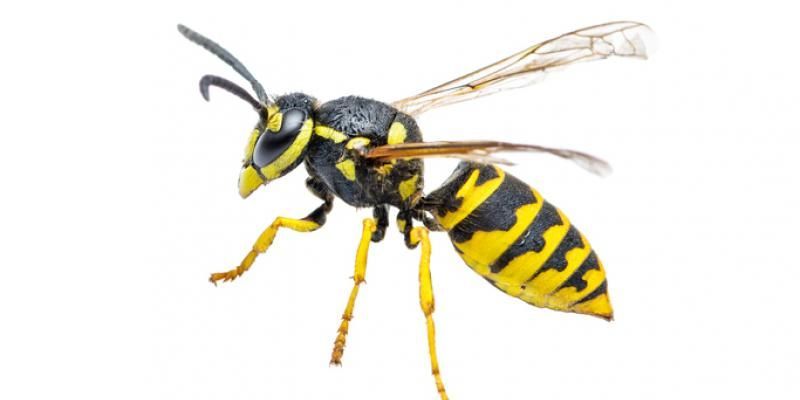


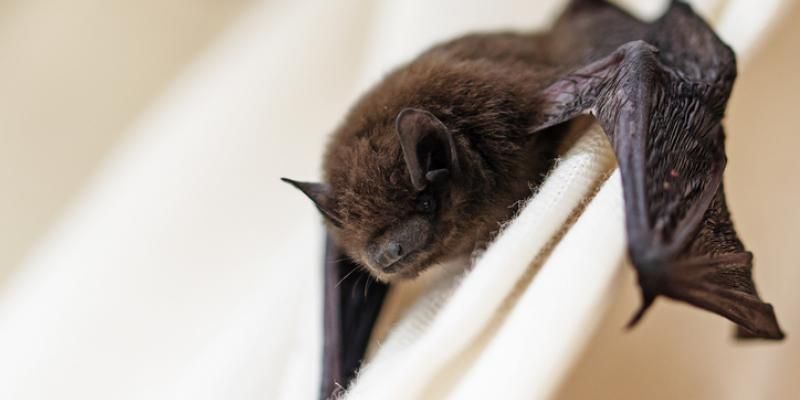

247localpestcontrol.com is a referral service that connects you with pest control service providers in your area. All pest control providers are operated independently of 247localpestcontrol.com. It is the responsibility of each user to verify that the pest control provider connected with meets all licensing and insurance requirements in that jurisdiction.
The photos on the 247localpestcontrol.com website are for design purposes only and do not represent the actual pest control services provided in your area.
Please note that pest control services may not be available in all areas, and when available, the services may vary depending on the providers available. 247localpestcontrol.com does not guarantee the availability of any specific pest control service or provider in your area.
It is recommended that you thoroughly research and vet any pest control service provider before hiring them to ensure that they meet your specific needs and requirements. 247localpestcontrol.com is not responsible for any issues or damages resulting from the services provided by any pest control service provider connected through our referral service.
